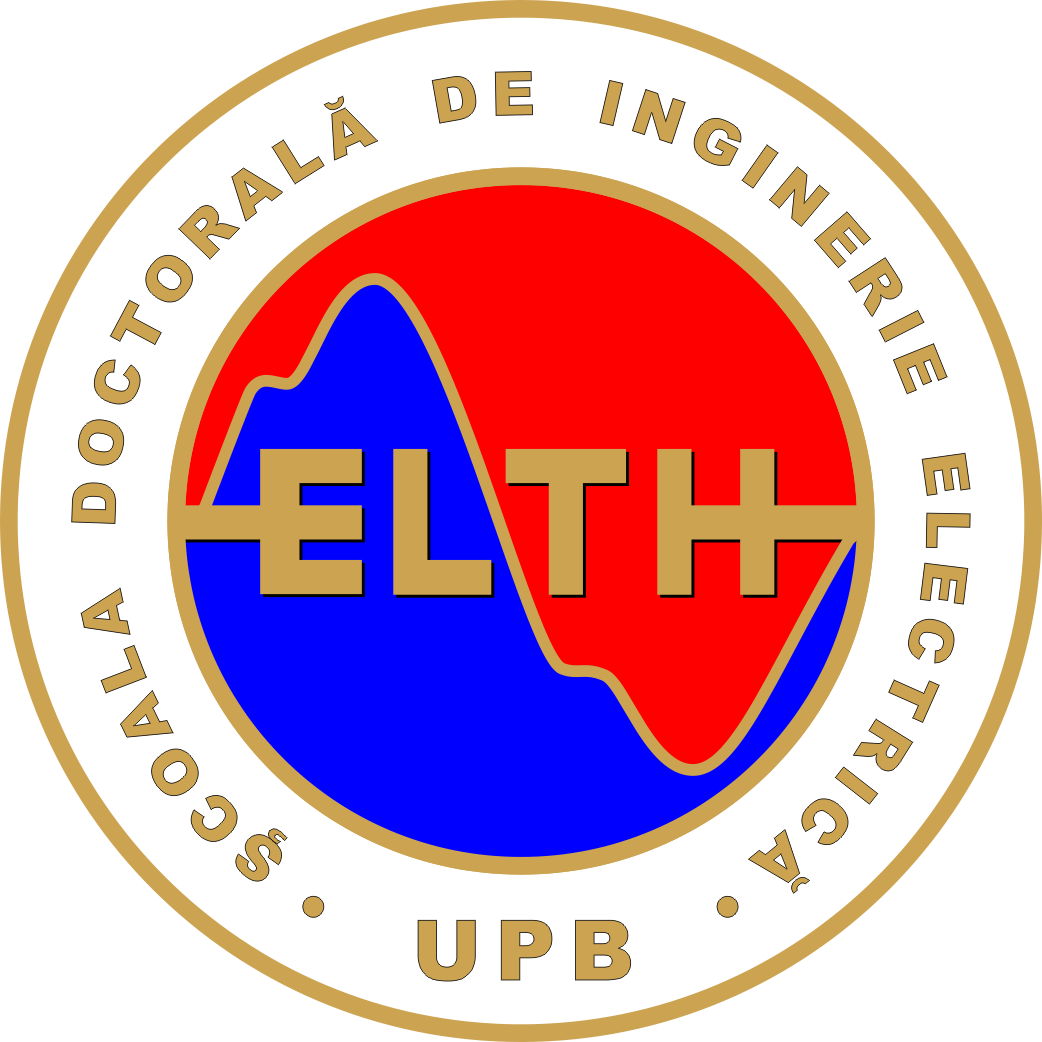New site: www.sdie.pub.ro
The Doctoral School of Electrical Engineering is associated to the Faculty of Electrical Engineering, whose history begins with the establishment, in 1913, of the School of Electricians, which later became the Faculty of Electrotechnical Institute of the University of Bucharest. By the decree law promulgated in 1920 by King Ferdinand, the Polytechnic School of Bucharest is established, with 4 sections, one of which being Electromechanics. By reorganizing the Polytechnic School as the Polytechnic Institute of Bucharest, as a result of the Education Reforms of 1948, Electromechanics becomes the Faculty of Electrical Engineering. From the Faculty of Electrical Engineering, the faculties of Electronics, Automation and Energy are gradually detached, as the engineering domain and its supporting industries increase and diversify. The Faculty of Electrotechnics became the Faculty of Electrical Engineering (FEE), in 2006, to properly illustrate the wide spectrum of student training within the Bachelor-Master-Doctorate EE study cycle. FIE is a founding member of the Romanian Consortium of Faculties of Electrical Engineering (RCFEE) – a national academic network for all 17 faculties with electrical profile.
In 2012, under Law no. 1/2011, the Doctoral School of Electrical Engineering (DS-EE) is established, part of IOSUD UPB. DS-EE is the successor of FEE in providing doctoral studies, which allow the development of theoretical and practical skills in EE.
The current educational offer develops the traditional line of fundamental landmarks in the field of EE, on which the tradition of the Romanian electrical engineering school was built and consolidated to meet and merge the current tendencies and multidisciplinary extensions of EE.
The proposed topics for the doctorate in EE continue and enlarge, including multidisciplinary, ongoing MS programs targeting both the classical areas of EE (EE, electrical machines, materials, power electronics, measurements, electrical appliances, electrothermal, electric vehicle, electric traction, electrical systems, mathematical modeling, electromagnetic compatibility, database management, software development techniques, design of artificial intelligence algorithms, IT techniques and methods widely applicable in EE, etc.), as well as multidisciplinary areas, in which EE is established and preserves its identity (EE for medicine, conversion of energy and sources, electromagnetic compatibility, etc.), following the doctoral supervisors’ competence and experience.
DS-EE offers accredited “full time” doctoral studies in the field of Electrical Engineering. These are meant to ensure that doctoral students acquire advanced knowledge and develop applied research skills and competencies that may allow them access as specialists and researchers in EE. The programs are drawn based on the analysis of the offer of European and USA universities, consultations within the FIE departments, with students, representatives of graduates and employers, with partners from RCFEE. They develop competences and skills in, in the context of compliance with European and international standards for environmental protection and sustainable economic development.
The doctoral training activity is carried out in collaboration with the three departments of FIE: Electrical Engineering (ELTH), Electrical Machines, Materials and Drives (MMAE) and Measurements, Electrical Apparatus and Static Converters (MAECS), which, in addition to the three departments of FIE serve other faculties in UPB. This consortium has seven research centers and a Student Computing Center – 42 teaching and research laboratories with an important material base, carried out mainly through European programs, national research programs, CNCSIS grants. Students and doctoral students are encouraged to carry out scientific research activities within research contracts and to participate as teaching and research assistants to the license and master programs. SD-IE has access to a valuable book fund and reference journals through the UPB Central Library and the ANELIS Plus project.
DS-EE has twenty-six active PhD supervisors in Electrical Engineering, including a member of the Romanian Academy and two members of the Romanian Academy of Technical Sciences.
The doctoral training at the Faculty of Electrical Engineering was subjected to external evaluation starting with the NAOA pilot project of ARACIS, in 2007, when the grade “high degree of confidence” was proposed.
SDIE — Doctoral School of Electrical Engineering
Phone: +4021 4029182
Mail: sdie@upb.ro
http://sdie.pub.ro
Copyright © SDIE Scoala Doctorală Inginerie Electrică
